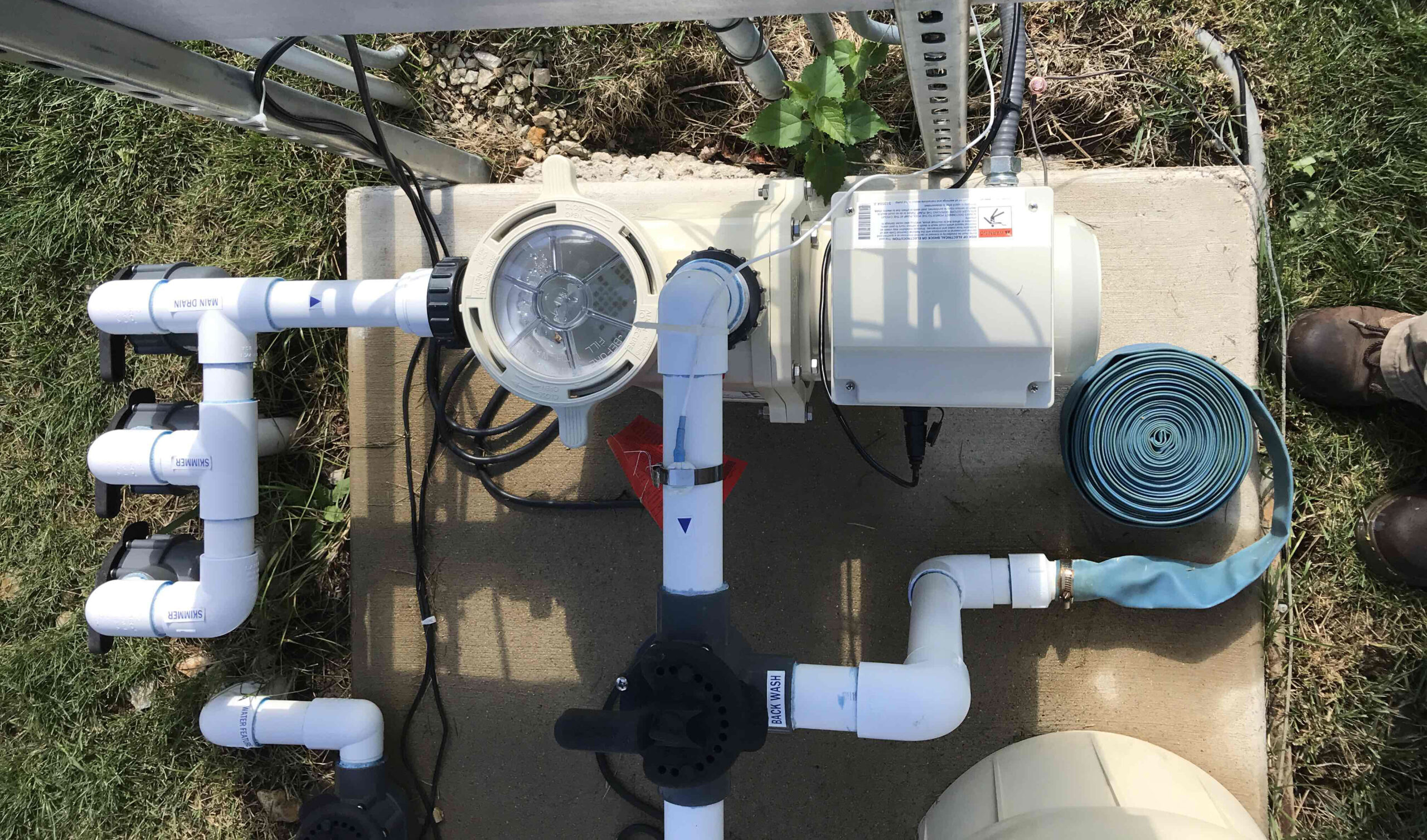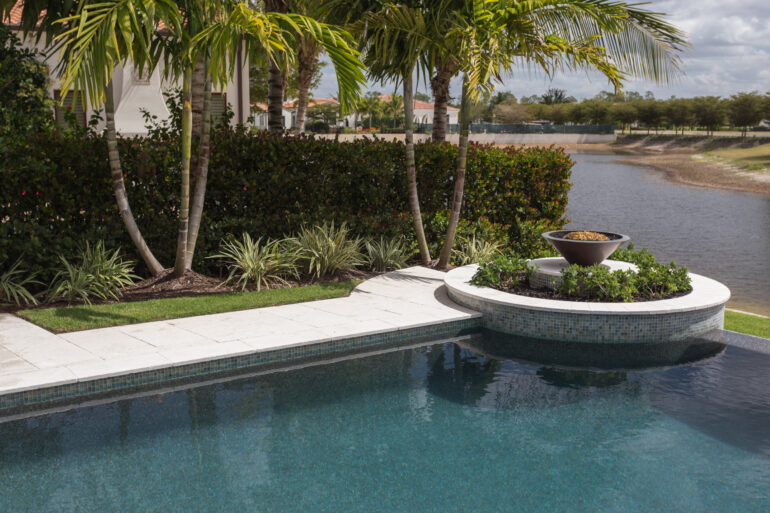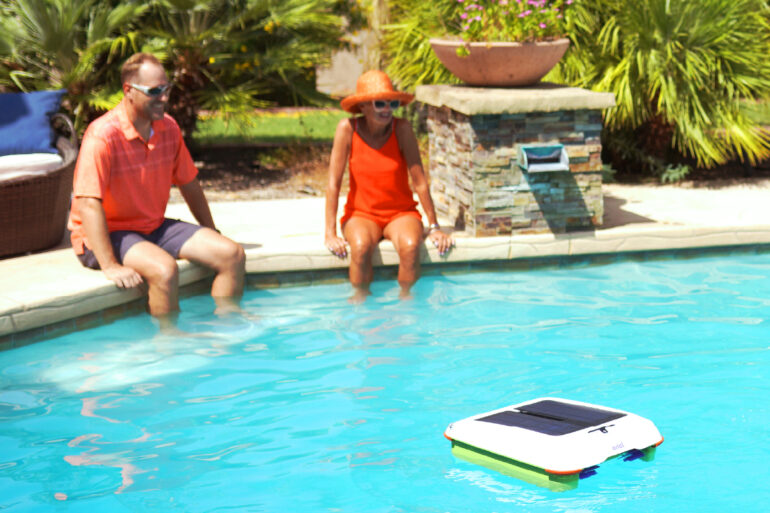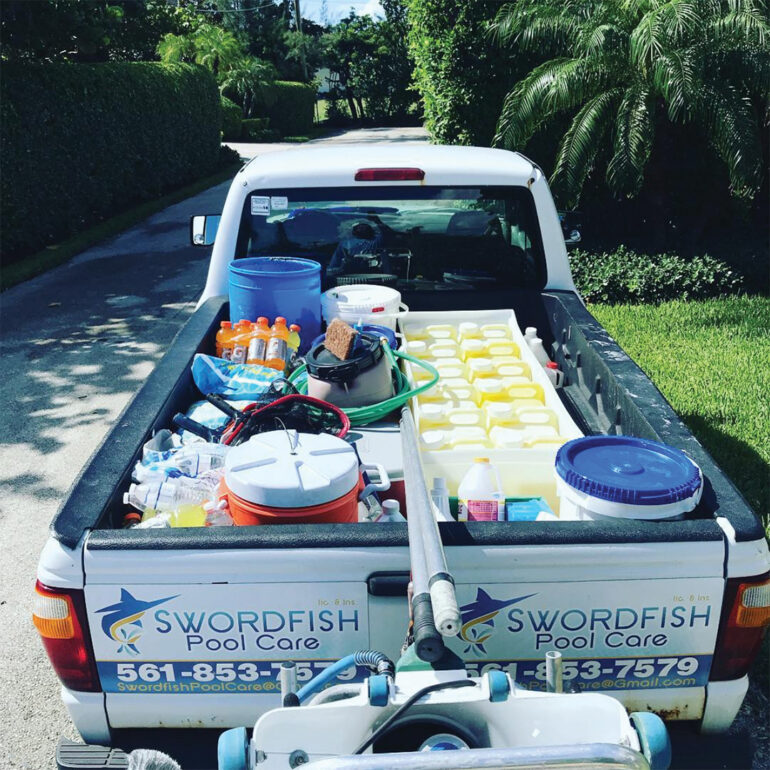Mitigating Claims When Servicing Commercial Pools
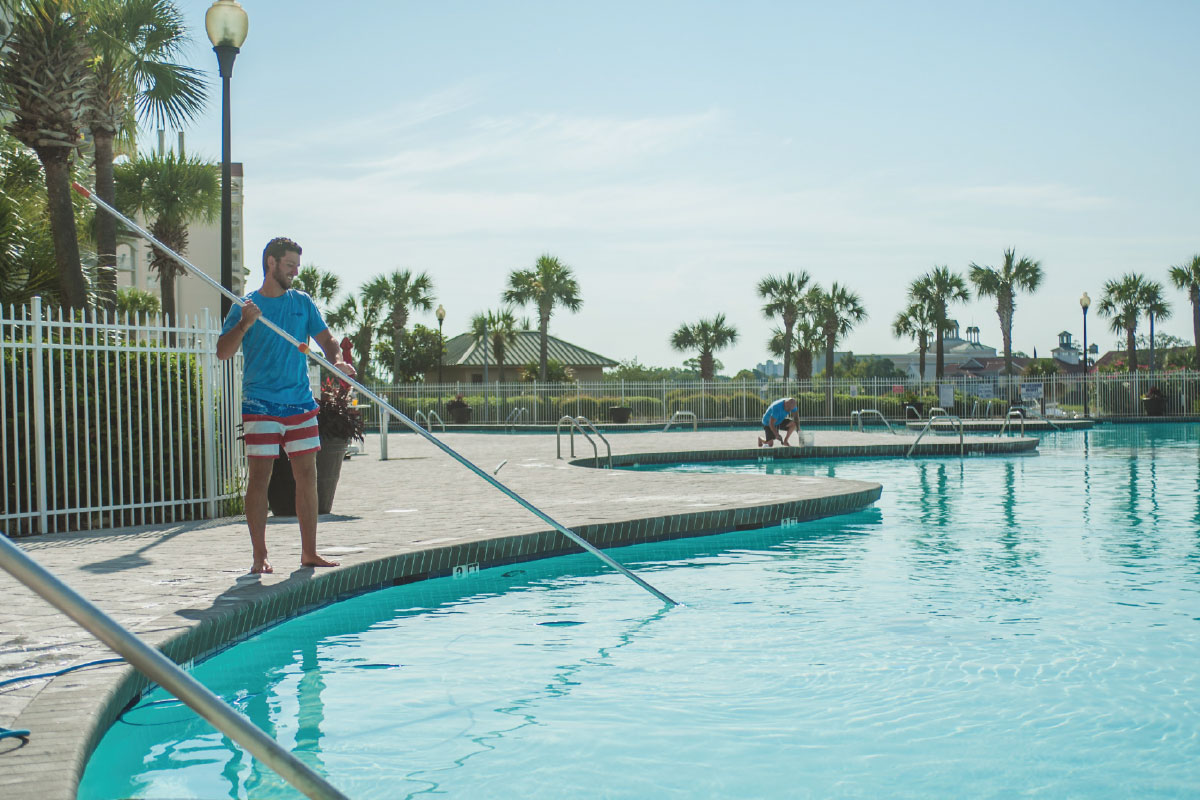
Some pool professionals stick to just servicing residential accounts, while others have a mixture of commercial and residential ± or even just commercial only. A commercial or public pool or spa may be defined as one that is used by the public, from clubs and HOA-run residential communities to municipal pools and hotels. Particular equipment, design and maintenance standards are mandatory for commercial pools. In addition, they typically have insurance requirements like general liability, auto and workers comp.
So, what is the difference between a commercial pool and a residential pool?
With a commercial pool, pool regulations and codes are developed by government agencies to make sure that treated recreational water facilities (for example, pools, hot tubs and water parks) provide a clean, healthy and safe environment for the public. These regulations set minimum standards (such as the amount of chlorine that should be in the pool) to decrease the public’s risk of illness and injury. To ensure these regulations are followed, state and local officials regularly inspect treated recreational water venues. Residential pools, however, are an accessory to a single residential dwelling and available only to the household and its guests.
I always urge my customers to keep good records of chemicals, maintenance/repairs and pictures for all accounts they service. It’s always beneficial in a claim to have a paper trail of the operations and duties executed on an account. In the many claims I’ve seen, the largest claims, exceeding $850,000, came from commercial accounts. Commercial pools almost always have more people swimming in them daily, therefore more claims come from them. I’ve seen claims from a child cutting his foot on a handrail to a near-drowning incident. Pool professionals servicing a commercial account should consider these points to ensure specifications are met to mitigate potential future claims:
- Are you a Certified Pool Operator?
- Do you review the day-to-day log of pool inspections, including safety equipment inspections?
- Are immediate proactive measures taken to correct apparent hazards?
- Does the commercial facility document daily chlorine and pH water testing, while making sure proper levels are maintained?
- Do you maintain water clarity as well as a water filter and disinfection system?
- Are legible signs posted in regard to parental supervision, horseplay and emergency phone location, along with emergency numbers, pool capacity and lifesaving equipment?
- Does the pool have an enclosure? Are doors or gates designed to automatically close or lock? Do you lock and close them?
- Are the shallow and deep ends of the pool bordered off with appropriate ropes, floats and/or depth signs?
- Is pool-area lighting sufficient for safe swimming?
- Are you acquainted with all other federal, state and local ordinances for pool safety?
While all these measures can be taken in maintaining a commercial account, it does not in any way prevent claims. Being insured correctly, keeping good records and being educated is the best thing you can do for yourself as a pool professional.

